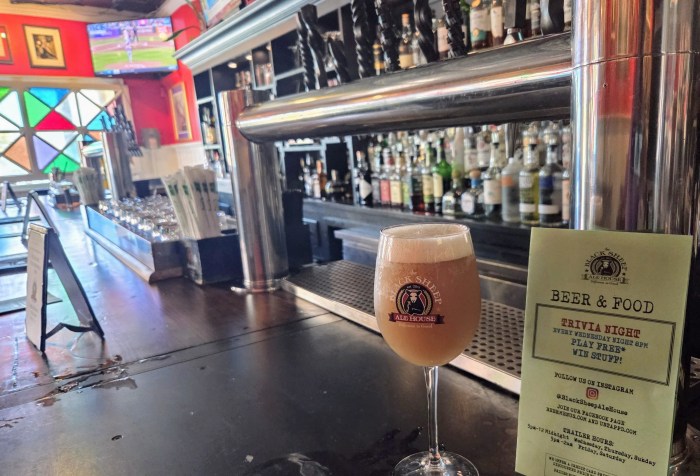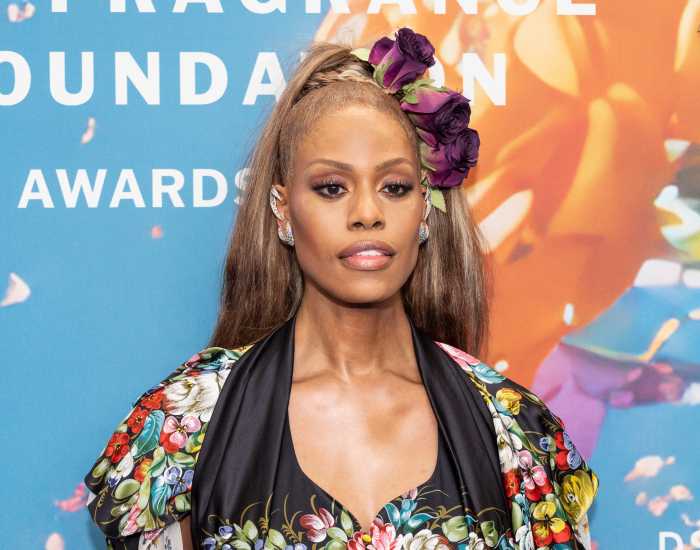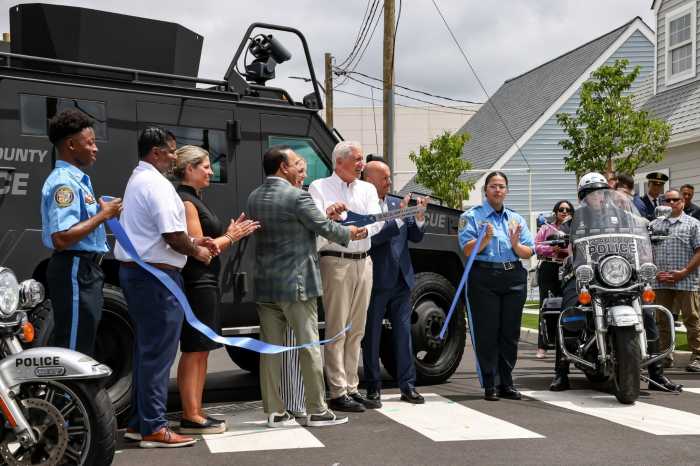Zoom, with its familiar Brady Bunch-inspired grid of faces that personifies 2020 perhaps more than anything else, is the platform of the Dec. 19 Herstory reading, but this is where resemblance to anything else stops.
Daniel Menzo’s voice has captured the “room,” an expanse covering the East End in living rooms in Sag Harbor and the Hamptons, Nassau County, upstate New York, and across the entire country. This accessibility is one of the benefits of not hosting an in-person event; another is the strange intimacy it offers these readings.
Menzo’s piece, titled “The Cathedral,” kicks off the Freedom to Love reading, an LGBTQ-themed showcase of what Herstory calls “Page One Moments.” This reading is itself a kick-off to three upcoming workshops:
Freedom to Love: An intergenerational workshop will create a safe, vibrant space for people of all ages to shape their stories of the many ways of loving in an ever-changing, ever-evolving landscape, with the goal of bringing their stories out into the world.
Passing the Torch: Dedicated to bringing the voices of activist elders (who participated in the second-wave feminist movement and the early organizing around gay rights), and emerging young activists into the public arena through the creation of intergenerational writing circles across the nation and the racial, ethnic, cultural, educational and economic divides that too often keep us from hearing one another.
LGBTQ Families: A new workshop to bring together parents, children, and siblings of LGBTQ people, for an exploration of what that journey has been.
Menzo is the recipient of a Regional Economic Development/New York State Council on the Arts Fellowship through Herstory Writers Workshop and the Humanities Center at Stony Brook. Originally from Michigan, he is working toward his Ph.D. in Art History at SUNY Stony Brook and will be facilitating the Freedom to Love workshop this spring.
The Page One Moments are critical to the Herstory pedagogy invented by author, activist, and Sag Harbor-native Erika Duncan, who begins each workshop with a simple provocation.
“If your words had the power to change a heart, mind, or policy, what would they be?” she asks each aspiring writer. “Dare a stranger to walk in your shoes,” she will say. “Dare a stranger to care.”
Herstory is a writer’s workshop designed to give voice to the voiceless as part of social justice action based on a thoughtful, rigorous pedagogy based on empathetic readership. The founder Erika Duncan has roots in the beginnings of women’s liberation and has her own LGBT story. She’s a force.
For Menzo that challenge took the form of a moment of crisis when, after coming out to his mother and his priest, he kneels down to pray in the cathedral where he has worshiped since childhood, his Catholicism a central part of his identity, alongside his queerness. He considers the Virgin Mary and finds connection in the fact that she too was not given a choice, but that she persevered through the miracle of her circumstances, her faith intact.
“I still,” Menzo reads in the crescendo of this powerful piece, “I still love him.” The word still serves as a meditation, a prayer and a protest. And even if the audience had not been on mute, his reading would have been met with the same reverent silence before erupting into stunned applause.
Valerie San Filippo performed the second reading, a piece that followed the gradual awakening of her sexuality on a trip to Ireland where a fascination with bogs helped her to excavate deep-seated feelings she had buried away from herself and her partner at the time. This astonishing piece that explored the ancient Irish landscape as a physical metaphor for her complex sexuality was met with similar silence that
Those who take the Herstory workshops aren’t usually writers. They aren’t novelists or journalism majors. They span generations. In fact, most of them have never thought to put pen to paper to craft their story. They are often part of a maligned portion of our population: undocumented immigrants, the disabled, or the incarcerated. They are the voiceless and by writing their memoirs—effectively daring a stranger to care about the adventures of their lives that have gotten where they are—they reclaim their humanity. It becomes a powerful—and oftentimes emotional—transformation. It’s the power of the Herstory method Duncan has perfected over the last twenty-five years, starting as a salon for female activists.
Back then, she didn’t imagine that it would infiltrate the lives, institutions and voices of so many, acting as an arbiter for reform simply by teaching those who have been quieted to speak.
Sign up for Long Island Press’ email newsletters here. Sign up for home delivery of Long Island Press here. Sign up for discounts by becoming a Long Island Press community partner here.



































